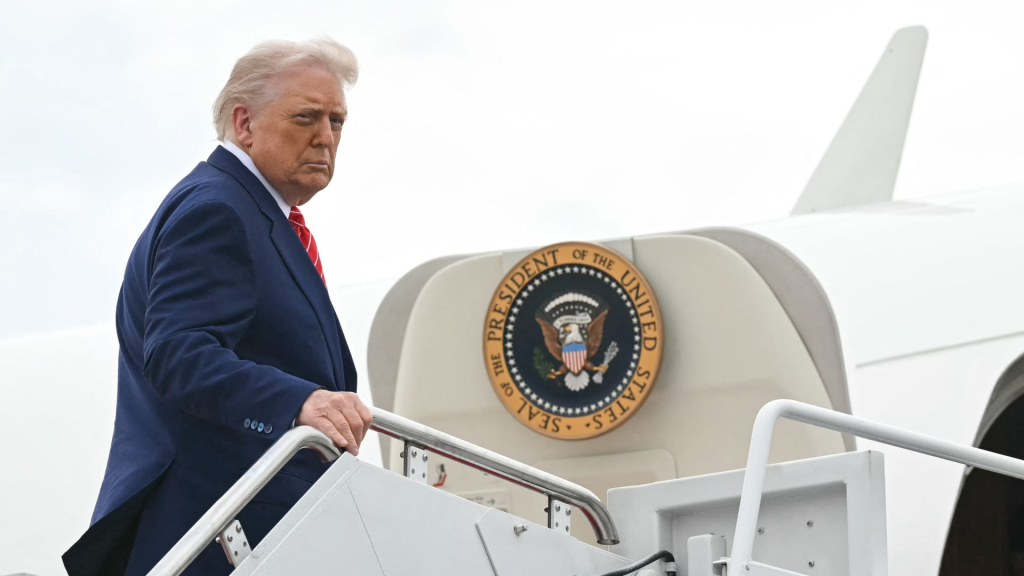On Sunday, President Donald Trump’s economic advisers expressed a strong belief that the existing tariffs will remain in effect, despite ongoing legal challenges that put a crucial aspect of Trump’s policy initiatives in question.
Commerce Secretary Howard Lutnick stated confidently on “Finance Newso News Sunday,” “Rest assured, tariffs are not going away,” following a federal court’s decision that found Trump had exceeded his authority with his broad tariff imposition.
Although a federal appeals court has temporarily paused the ruling, providing the administration some leeway, officials are preparing for what could be a prolonged legal struggle ahead.
This impending litigation might ultimately reach the U.S. Supreme Court, introducing significant uncertainty into the tariff strategy that has already affected the global economy since Trump announced the reciprocal tariffs on April 2.
Nevertheless, the administration maintains that the tariffs will persist, even amid legal hurdles, or they will explore alternative enforcement methods.
National Economic Council Director Kevin Hassett expressed his confidence in the Supreme Court’s support for Trump’s tariffs during an appearance on ABC News’ “This Week.” He stated, “We are very confident that the judges will uphold this law. And so I think that’s Plan A. And we’re very, very confident that Plan A is all we’re ever going to need.”
However, he also noted that if the tariffs are invalidated, the administration has other strategies in mind to ensure that trade practices in the U.S. are made fair, though he did not elaborate on what those options would entail.
Hassett remarked, “There’s all these laws that your listeners don’t want to listen to that are alternative ways to pursue what we’re doing.”
A recent ruling by the U.S. Court of International Trade found that Trump’s tariffs, based on the International Emergency Economic Powers Act (IEEPA), are not permissible as the law does not grant the president authority to impose universal duties on imports. Trump had justified the tariffs by declaring the “large and persistent annual U.S. goods trade deficits” as a national emergency.
The administration quickly appealed this ruling, and a stay was granted, allowing the tariffs to remain in place for the time being.
As it stands, the Supreme Court’s eventual ruling on Trump’s tariffs remains uncertain, and it is not guaranteed that the conservative-controlled court would automatically favor the president, as reported by POLITICO.
The White House contends that any court decision to overturn the tariffs could damage Trump’s bargaining power in negotiations with other countries.
Lutnick emphasized the potential widespread implications, stating, “A ruling that narrows IEEPA would have ripple effects across every domain in which economic instruments are used for strategic effect,” during a recent deposition.
On Sunday, Trump expressed concern, stating that if the courts ruled against the U.S. tariffs, it would enable other nations to exploit this situation, leading to negative consequences for the U.S. economy.
He proclaimed, “This would mean the Economic ruination of the United States of America!” in a post on Truth Social.


























